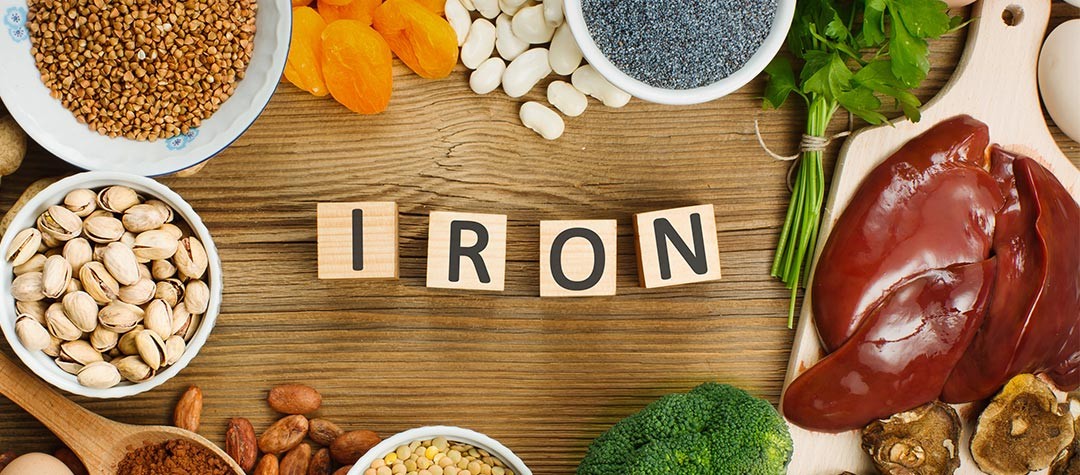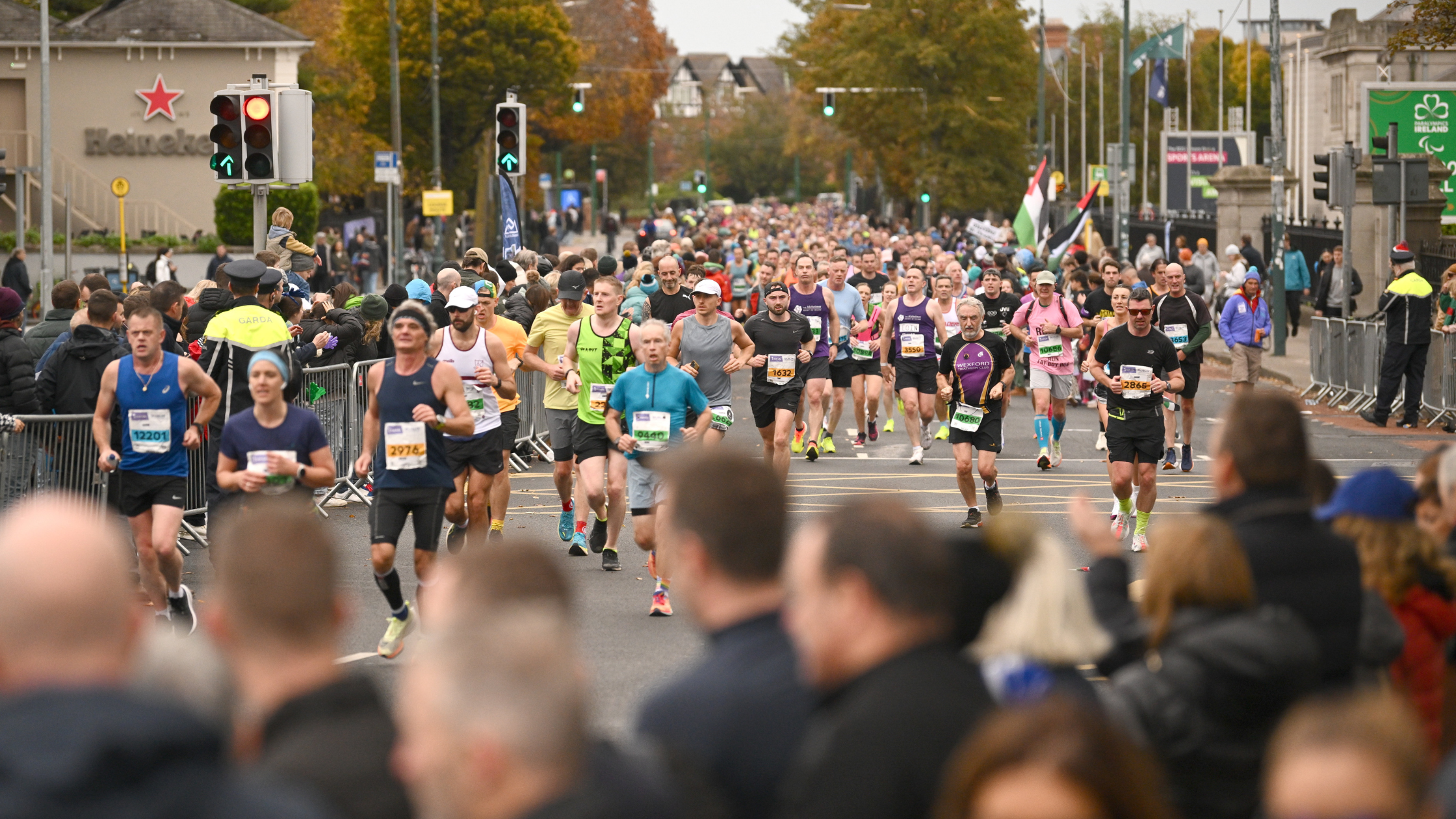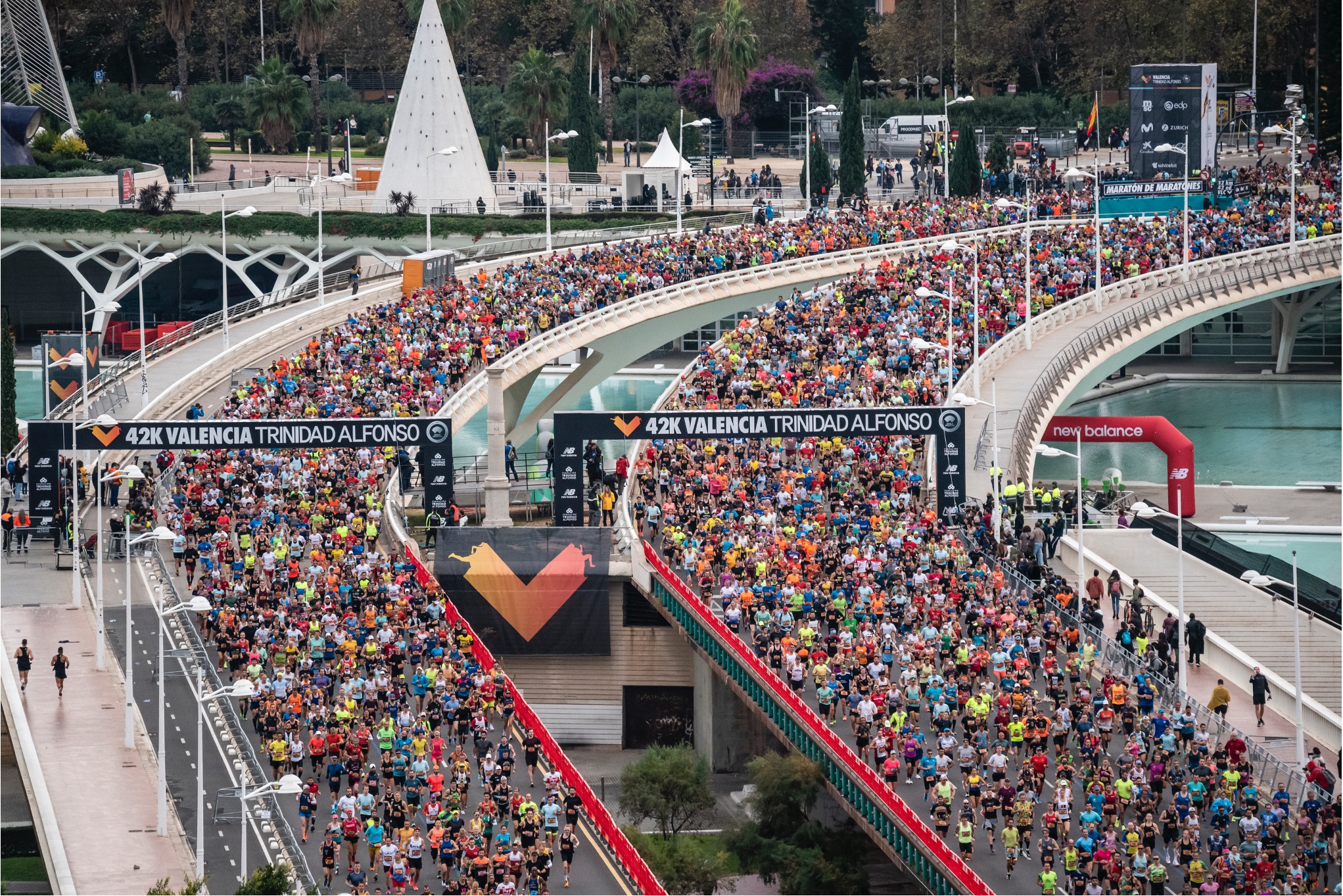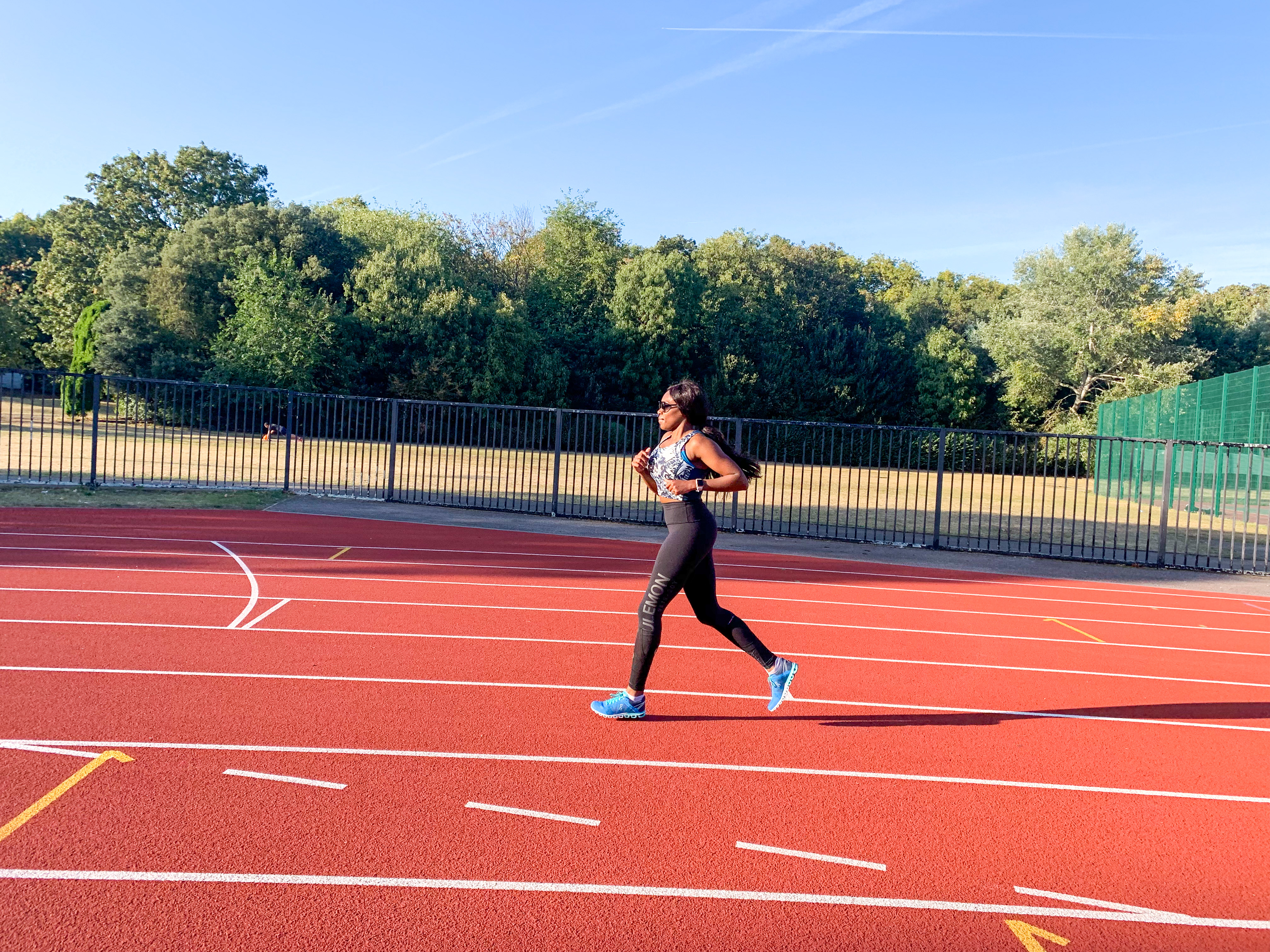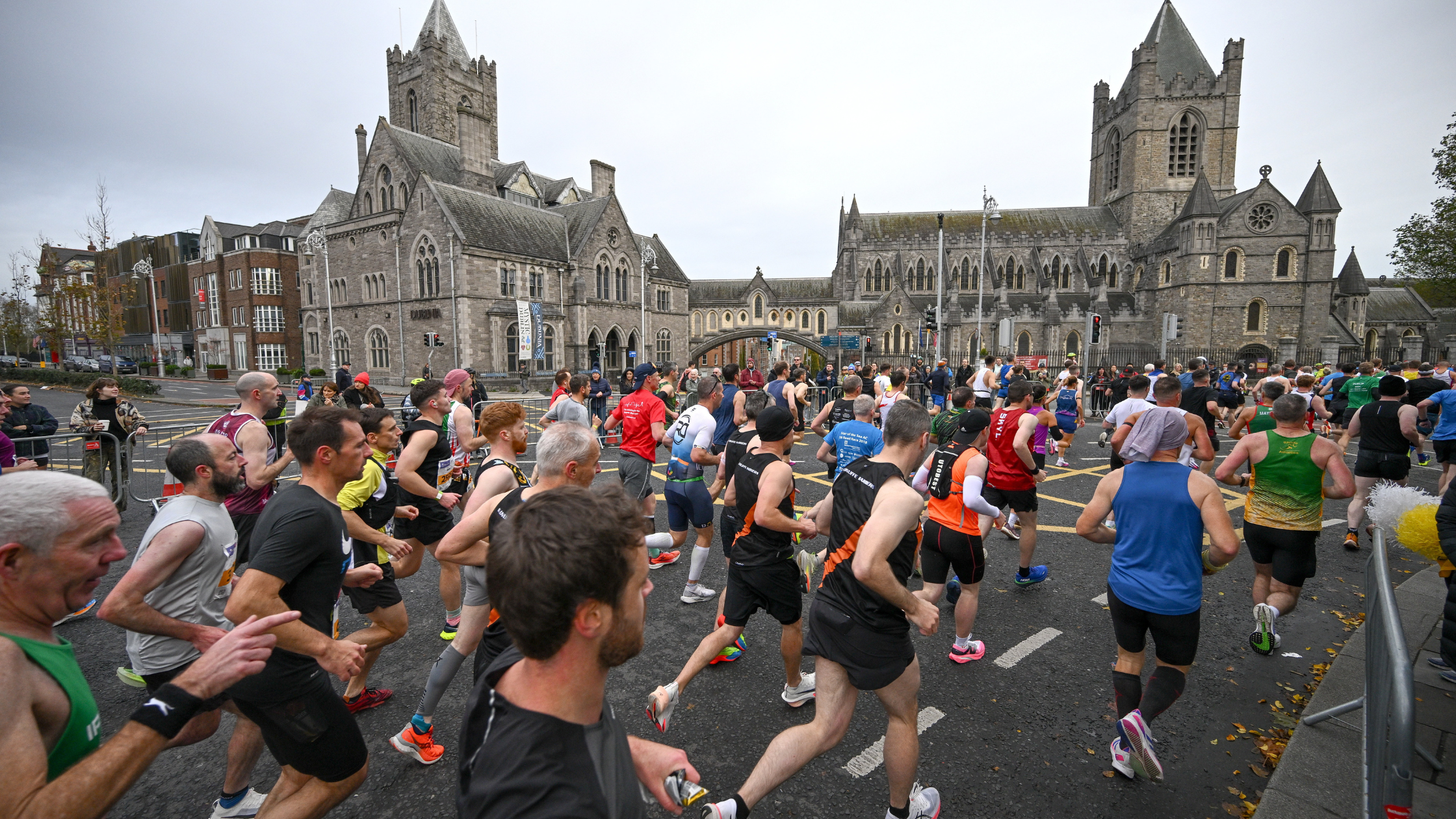A lack of iron in the blood can affect running performance, especially among women. Iron is responsible for red blood cell formation and a lack of it in the body may lead to a weaker blood supply to the muscles, thus impacting on your running.
Is your poor performance due to lack of iron?
If you've noticed a decline in your running performance lately, or are feeling tired and sluggish and can’t figure out why, then it's just possible it could be due to a lack or iron. That's not to say other factors, such as reduced body fat, athletic or running ammenhorea (absent periods), or excessive running distances are not responsible, but there's a high possibility that lack of iron is to blame.
Iron deficiency is especially common among women, partly because an obsession with dieting and healthy eating, and sees many tending to avoid eating red meat. However, by steering away from what is considered bad may actually end up having a detrimental effect on health and running performance. Red meat is rich in iron, and it is iron that is responsible for red blood cell formation.
In athletes, particularly female runners , iron deficiency follows three phases. Firstly there is the depletion of iron stores, followed by diminished erythropoieses (the hormone EPO which is responsible for red blood cell production) and finally reduced haemoglobin production. It is the haemoglobin that carries the oxygen around the body.
Women runners and iron
Studies have shown that more than half of all women runners are deficient in iron. Low iron levels result in fatigue and poor endurance, since the blood is unable to carry oxygen as efficiently to working muscles. Another indication of low iron levels can be feeling cold.
Studies have shown that more than half of all women runners are deficient in iron.
Though a loss of iron does occur during a woman's period, lack of iron in the diet is thought to be the the most likely cause of deficiency. This phenomenon is illustrated in a study, which reported that women distance runners usually get less than the recommended daily allowance of 15mg. The highest loss of iron per day in top class athletes can be up to 2mg. The decline in running performance starts when the daily intake fails to meet this.
So what's the solution to iron deficiency?
The simple solution is to eat more iron-rich foods. Excellent sources of iron are lean red meat and dark poultry. There is no need to shy away from red meat, just avoid red meat that is high in fat content. Around 2 to 4oz (56.7 to 113.4g) of lean red meat or dark poultry each day would be sufficient.
Another good source of iron, especially for vegetarians, is lentils and iron-fortified breakfast cereals. But if you're eating a fortified breakfast cereal to boost your iron intake, make sure not to drink coffee or tea during your meal as these drinks block the body's ability to absorb iron. A glass of orange juice will help though, as Vitamin C actually helps the body absorb iron.
Another option is iron supplements. Check with your doctor before taking these as too much iron can have drawbacks. Too much iron can limit your body’s ability to absorb zinc and may also bring an unwanted side effect, namely constipation.
Once your iron levels are back up to a decent level, your feeling of lethargy should become a thing of the past, and hopefully improved energy levels and running performance will follow.

